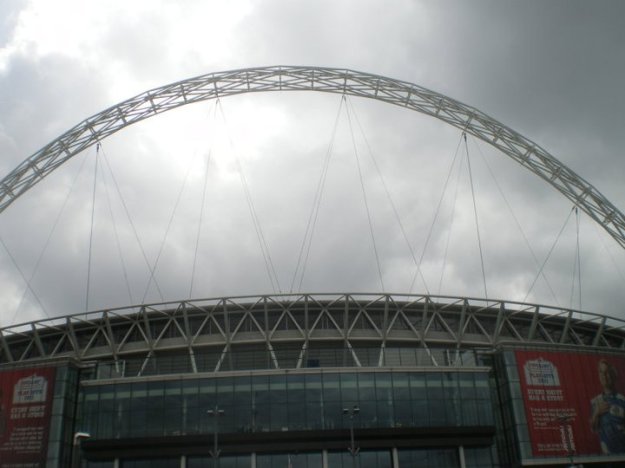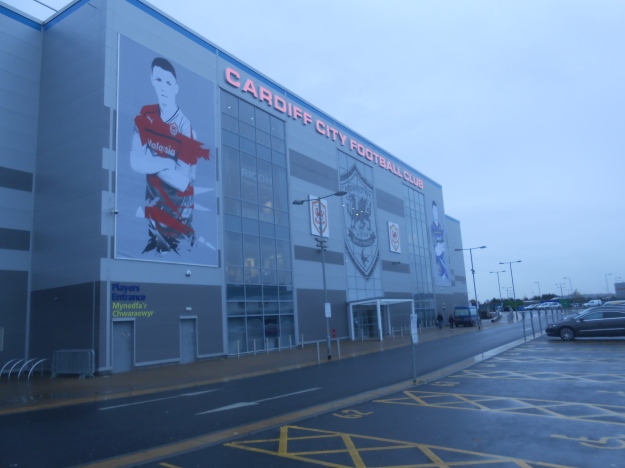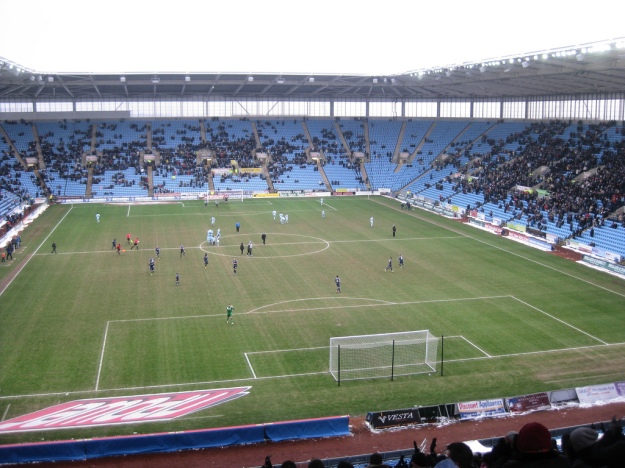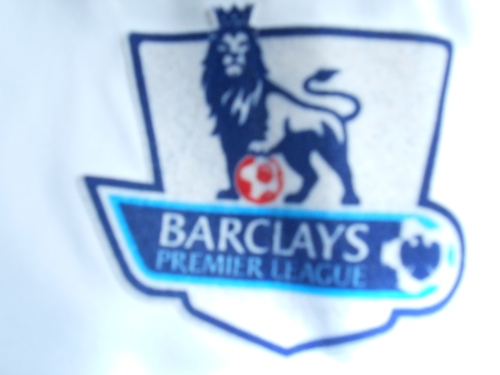Sheffield United have been branded “prehistoric” by a man they hoped would be their next manager.
Former Australia manager, Graham Arnold, took the unusual step of publically slating the club after he was interviewed for the job by the Blades board. The West Coast Mariners boss was so disgusted by his interviewers’ attitudes towards football he actually quit the interview, which was being conducted through video-link, and stormed out half-way through.
Arnold told The Australian: “In all honesty, I didn’t have to think too long or too hard about it. It just wasn’t for me.
“Forget that the financial offer in itself was quite poor, but I would have been taking three steps backwards in my development as a professional coach if I had gone.”
“I walked out of that meeting with the club’s board and football director Dave Bassett, and said ‘Wow’.
“It just blew me away. Being one of the bigger lower league clubs, I was expecting a lot more in terms of how they wanted to develop as a club on the field.
“But they just didn’t seem interested when I was talking about playing a short passing game and taking the football another level up. It was about smashing the ball long and working on set pieces. It was prehistoric stuff. That’s not the way to develop a football team.”
Damning
The comments were a damning indictment of Sheffield United’s take on the beautiful game and a huge embarrassment for the Bramall Lane bigwigs.
Fans have traditionally taken pride in the “Sheffield United way.” This style of football prioritises effort, physicality and a desire to win over skill, elegance and aesthetics. Visitors to Bramall Lane in recent decades have often been left frustrated by their hosts’ old-school style of play and their questionable discipline.
Managers such as Kevin Blackwell and Neil Warnock nurtured teams who were tenacious, hungry and forceful but who also had a choice reading of the laws of the game and a Machiavellian approach to the sport.
The “Battle of Bramall Lane” in 2002 is infamous because it is still the only Football League match to be abandoned because a team did not have enough players to continue. Sheffield United had three players sent off against West Brom, and were lucky not to have a fourth expelled, before Warnock allegedly told two of his players to fake injuries in order to get the match abandoned.
Sheffield United now find themselves in League 1 and although Danny Wilson tried to improve the style of play at the club, it was still brutal on the eyes. It worsened when United legend, and the “Sheffield Way” personified, Chris Morgan took over towards the end of last season.
Ugly and unsuccessful
Arnold’s comments on Sheffield United were scathing and with the Blades preparing for a third straight season in England’s third tier, there are many fans who believe the club’s board should use his criticism constructively.
The Australian’s opinions have highlighted what many fans already knew; their club’s stubborn refusal to keep up with the times has left them looking backwards, stranded in the dark ages. The people who run United are still thinking the way directors were thinking in the 1970s, and though Stoke City is an obvious anomaly, clubs tend not to see long-term success by adopting long-ball, bully-boy tactics these days.
Sheffield United is a big club with a substantial fanbase but since 1994 they have only had one season in the top flight.
Despite adventurous and entrepreneurial ventures off the field, which include twinning with Chengdu Blades in China, the people running the club have bafflingly stuck with a failing system on the pitch.
Graham Arnold had ideas about playing progressive, passing football at Sheffield United, but Dave Bassett and the Sheffield United board wanted to keep playing the percentages and concentrating on set-pieces. For some reason they wanted somebody who was going to employ the same style of play which had seen Sheffield United fall short in recent years.
The two clubs promoted automatically from League 1 this season, Doncaster and Bournemouth, succeeded by playing aesthetically-pleasing and positive football, despite having far smaller resources than the Blades. This shows the way smaller clubs are excelling in the third tier by playing the ball on the floor.
Look to the future
Sheffield United will celebrate their 125th birthday next year but unfortunately for the fans, the board and Dave Bassett are looking to the past for inspiration instead of adopting a more positive approach.
Traditionally the supporters have embraced United’s traditional ugly style of play, but times are changing and across the country clubs are looking for managers who play entertaining football. This isn’t because they’re arrogant or because they have illusions of grandeur. It’s because this is the way most successful clubs play their football by now.
Graham Arnold has shamed Sheffield United by putting the club’s backwards approach under a spotlight. The comments were damning but they’re completely justified and those in charge of the club need to use this embarrassing mess as a catalyst for change.
The board must abandon its bizarre and short-sighted stubbornness in favour of a more positive approach, otherwise the club will remain trapped by the myths of its own history.







